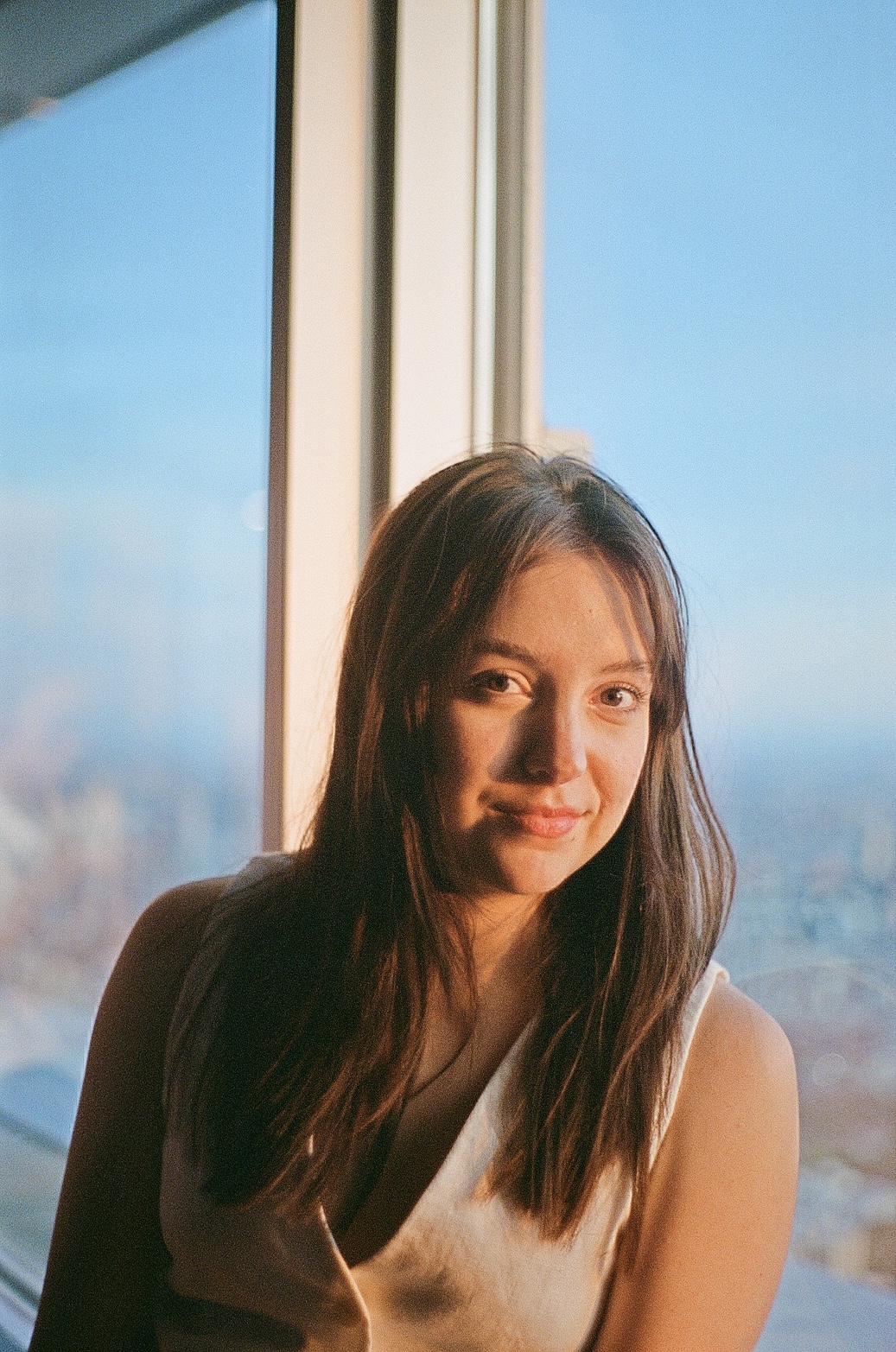Maria Montoya-Aguirre

PhD Candidate in Economics at Paris School of Economics (PSE)
maria.montoya [at] psemail.eu
Hosted on GitHub Pages — Theme by orderedlist
Here’s a list of frequently asked questions about studying a Masters or PhD in Paris School of Economics:
Studying a Masters at PSE
Which program did you study at PSE?
I joined the Analysis and Policy in Economics (APE) program in September 2019. The program is designed as follows: - The first year (M1) offers a traditional master's in Economics approach. It introduces students to core theories in microeconomics and macroeconomics, along with training in econometrics. Assessments typically include problem sets and exams. While it resembles the initial year of a PhD program, there's less emphasis on real analysis or formal proofs. - The second year (M2) is comprised solely of elective courses and a thesis seminar. Students have the flexibility to specialize in a particular field or combine various subjects based on their interests. Classes are more intimate, focusing on specific topics and centered around discussions of research papers. For the master's thesis, students select an advisor early in the year and develop their thesis (or "memoire") under their guidance.
Why did you choose PSE and the APE program?
I began exploring master's programs during my final semester at university. My interest in the Paris School of Economics (PSE) grew after reading research papers by their faculty in my senior year. Initially, I was seeking a research-oriented master's due to my interest for academic studies and aspirations to work within international organizations. My main aim was to find a reputable university to deepen my understanding of Economics. Choosing PSE wasn't a particularly strategic choice on my part. I was looking at European programs, influenced in part by my brother's residence in the Netherlands and my previous positive experience studying in Barcelona for a semester. Given that PSE had a relatively low tuition of around €300 per academic year and no application fee, I decided it was worth a try. Fortunately, I found myself in an environment where I thrived, laying a strong foundation for my subsequent academic pursuits. Reflecting on my journey, I would recommend PSE and its APE program to those interested in economic research, even if they are uncertain about pursuing a PhD. The PSE department offers a diverse range of expertise, providing ample opportunities for exploration. While the first year of the program is demanding, it is manageable for dedicated students with a solid undergraduate background. However, if your goal is to acquire practical, hands-on skills quickly, you might consider other options, as this is not the primary focus of the APE program or many similar economics master's programs.
What is the difference between the APE and PPD programs?
APE (Analysis in Policy in Economics) is a general program in Economics that covers most fields and is research-oriented. The PPD (Public Policy and Development) is considered the applied masters in PSE and focuses on developing skills for the evaluation of public policies. Both programs have a strong core of applied microeconomics and econometrics. APE covers more content of other fields like macroeconomics, industrial organization, trade, and has a strongest focus on theory. The everyday experience in the program is very different, at least for the first year. APE consists of individual work attending lectures, working on problem sets and preparing for exams. In contrast, PPD involves more team work, many class projects and some presentations. At the time of applying I wasn't very sure of my choice of APE over PPD because I had a strong interest in public policies and wanted to work on their evaluation, which clearly suggests that I would enjoy the PPD program. I decided to choose curiosity over specialization and go for APE because I wanted to also learn about macroeconomics and explore economic theory.